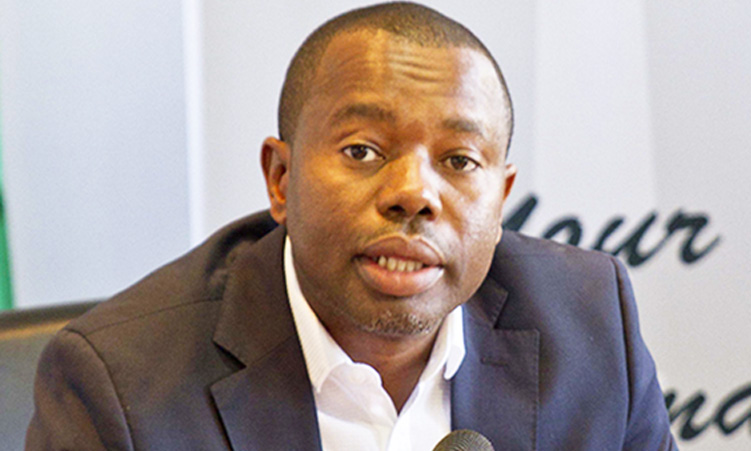The Road Fund Administration (RFA) says it has recorded a total revenue of N$2,3 billion during the 2023 financial year.
This is contained in the fund’s annual report for the 2023 financial year.
Chief executive Ali Ipinge in the report says despite this, the fund’s revenue, which is mainly derived from fuel levies, suffered a 7% decline. “Our operating environment in 2023 was characterised by elevated interest rates, local foreign exchange volatility and scarcity, evolving regulatory developments and rising energy costs,” he says.
Ipinge says the fund has maintained its solvency and liquidity position despite these challenges. “Further, we managed to increase the reserve fund, which now stands at N$326 million, significantly strengthening the fund and creating a positive platform for a sustainable RFA going forward,” he says.
“Beyond this, the RFA has managed to service its N$350 million loan from Nedbank Namibia, which was used to fund the low-volume seal road strategy, as well as loans from KfW totalling N$592 million for specific roads’ rehabilitation,” he says.
Ipinge says the low-volume seal road strategy to upgrade highly trafficked gravel roads to low-volume seal standards has progressed with positive outcomes.
He says nearly N$200 million was spent on the programme, leading to the successful upgrade of 144,3km of gravel roads to low-volume seal standard.
It is further envisaged that an estimated 166km of gravel roads will be upgraded under the same strategy from the RA’s budget. “In a bid to maintain urban roads, we allocated funding to 57 local authorities and 13 regional councils, totalling N$134 million. In addition, N$48 million was also invested in Rundu roads,” Ipinge says.
The fund has allocated N$30,4 million to traffic law enforcement and adjudication across the country.
REVENUE STREAMS
The report reveals that during the financial year which ended on
31 March 2023, the fund has collected N$1 billion from fuel levies, N$839,4 million from vehicle licences, N$163,5 million from cross-border charges, N$42,3 mass distance charges (foreign) and N$154 million locally. The fund has also collected N$14 million from abnormal load fees and N$5 million from road carrier permits.
INSUFFICIENT
Ipinge says the current levels of road user charges remain insufficient to maintain the national road network.
“Therefore, there is an urgent need to increase revenue substantially. Various revenue sources are under consideration and in accordance with our strategic plan, the shift towards distance-based road user charges is inevitable, while optimising other road user charges,” he says.
TOLL GATES
He says the introduction of fuel-efficient vehicles, electric vehicles and depressed incomes has exerted revenue pressure on the fund. “In an attempt to address this funding gap, we have been, from the previous year, pursuing tolling as an alternative revenue stream. “In the reporting period, we continued to engage stakeholders on the benefits of tolling to build a shared vision for distance-based road user charges that will sustain our road network for generations to come,” he says.
Ipinge says two presentations were made to the joint Cabinet committee on treasury and economics, resulting in the granting of policy support to engage the public on tolling. The fund, however, expects strong public resistance to tolling, he says.
“We believe with extensive stakeholder consultations, the RFA can convince the public that distance-based road user charges are the way of the future,” Ipinge says.
In June last year, the RFA shelved plans to introduce toll gates along the country’s highways after realising there is a funding gap of 22% of the allocated budget.
Stay informed with The Namibian – your source for credible journalism. Get in-depth reporting and opinions for
only N$85 a month. Invest in journalism, invest in democracy –
Subscribe Now!






